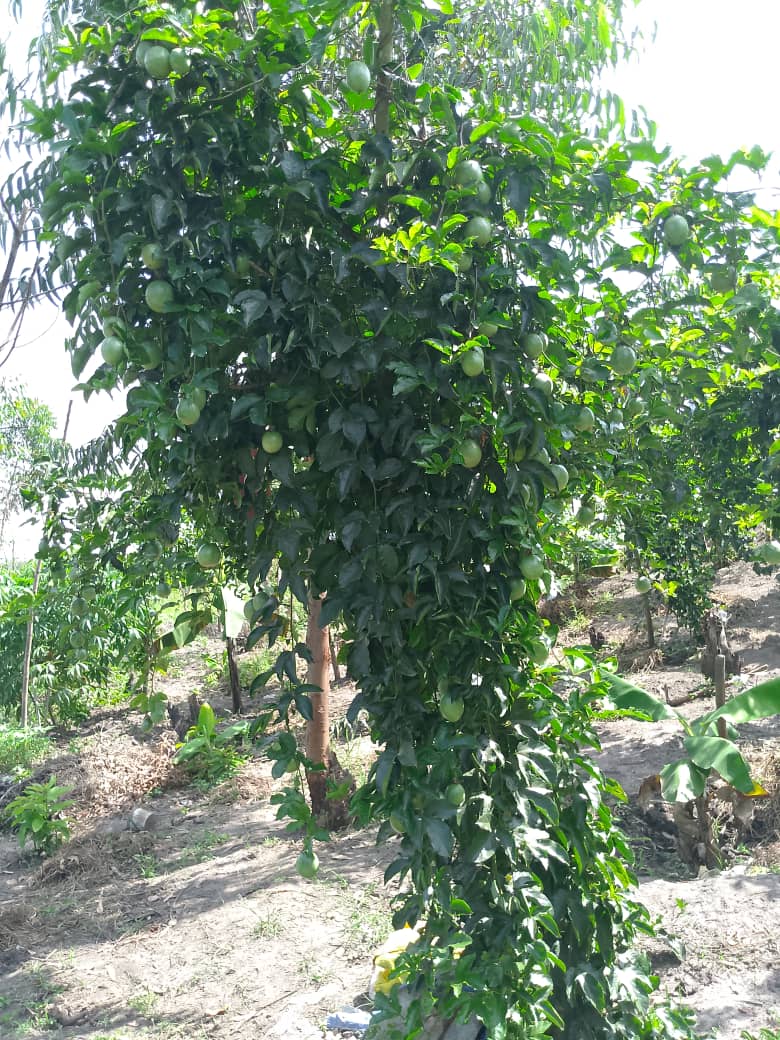Innovative Technologies
Using data and technology to optimize inputs like water and fertilizers can reduce waste and environmental impact.
Solar panels or biogas systems can reduce dependence on fossil fuels and lower greenhouse gas emissions
Funding and Support
Offer financial support for sustainable farming projects.
Access to microloans or impact investment to provide the capital needed to adopt new technologies or expand eco-friendly practices.
Sustainable Farming Practices
By avoiding synthetic pesticides and fertilizers, smallholders can improve soil health and reduce water pollution.
Integrating trees and shrubs into crop and livestock systems can enhance biodiversity, improve soil structure, and increase resilience to climate change.
Community and Market Engagement
Working together with other smallholders can help access markets, share resources, and scale up sustainable practices.
Sharing knowledge about sustainable practices with other farmers or within the community can help spread environmentally friendly techniques.
Entrepreneurial Ventures
Processing raw agricultural products into higher-value goods (like turning tomatoes into sauces or jams) can increase income while reducing food waste.
Creating and marketing products that emphasize sustainability (like organic fertilizers or eco-friendly packaging) can appeal to environmentally conscious consumers.






